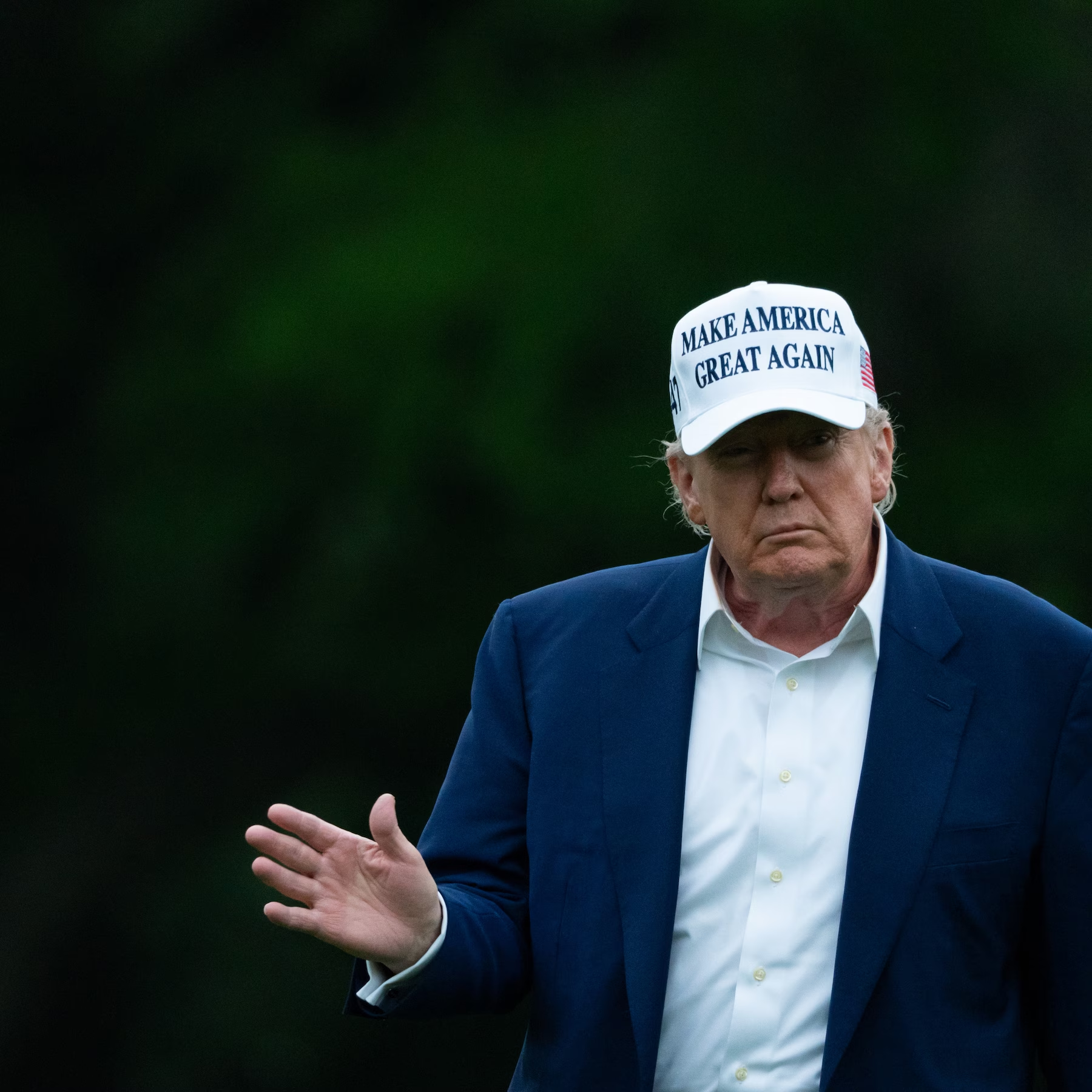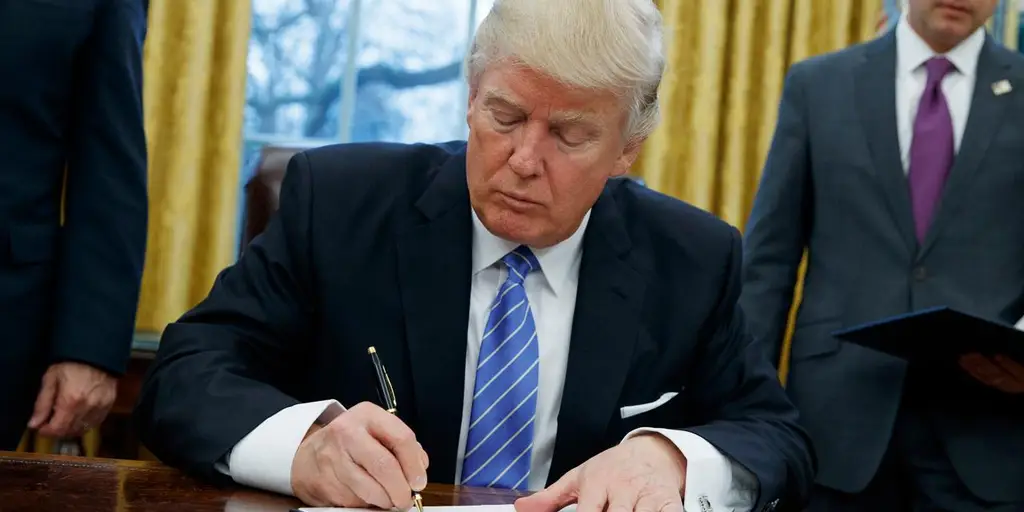A federal judge"s recent ruling is a powerful reminder of the fragility of our legal system under the Trump administration. In an explosive decision, U.S. District Judge Loren AliKhan deemed President Trump"s executive order targeting the Susman Godfrey law firm unconstitutional, marking another triumph for the rule of law amidst a backdrop of intimidation and retaliation.
Trump"s Attack on Legal Independence
Judge AliKhan"s ruling is not an isolated victory. It reflects a broader pattern of Trump’s attempts to weaponize the legal system against those who dare to challenge his narrative. The executive orders aimed at Susman Godfrey, and three other prominent law firms, exemplify a chilling disregard for the independence of the legal profession, a cornerstone of our democracy.
Four Major Law Firms Stand United
The firms—Susman Godfrey, Perkins Coie, Jenner & Block, and Wilmer Cutler Pickering Hale and Dorr—joined forces to challenge Trump"s directives. Each lawsuit claimed that the orders violated First and Fifth Amendment rights, a bold stand against what many describe as an unconstitutional overreach by the executive branch. According to AP News, over 500 law firms have rallied to support these claims, underscoring the urgency of preserving constitutional governance.
Consequences of Trump"s Retaliation
The implications of Trump’s actions extend far beyond the legal community. By attempting to sanction firms for representing clients he disfavors, Trump sends a message that dissent will not be tolerated. This threatens not just the independence of the bar, but the integrity of our entire legal system. As stated by Judge AliKhan, Trump"s executive order was a shocking abuse of power, undermining the very foundation of our democracy.
Impact on Voting Rights and Election Integrity
The Susman Godfrey firm has been instrumental in representing Dominion Voting Systems in their defamation lawsuit against Fox News, which settled for a staggering $787 million. This case highlights the dangerous intersection of legal representation and political retaliation. As reported by The New York Times, Trump"s vendetta against these firms is not just personal; it is a direct threat to the integrity of our elections and the ability of legal professionals to defend democracy.

Judge rules on Trump order against law firm Susman Godfrey ...
The Cost of Compliance
While some firms have successfully resisted Trump’s intimidation tactics, others have chosen to comply, pledging millions in pro bono work to avoid becoming targets. For example, Paul, Weiss, Rifkind, Wharton & Garrison dodged a potential crackdown after committing $40 million in legal services, as reported by MTSU. This raises alarming questions about the ethical responsibilities of law firms in the face of political pressure. Are we witnessing the commodification of justice, where access to legal representation is contingent upon loyalty to power?
The Role of Legal Scholars
Legal scholars are now stepping up to challenge this unprecedented assault on the legal profession. Experts from institutions like Stanford University, as discussed in a recent Stanford Q&A, emphasize the need for a collective stand against such tyrannical behavior. They warn that if this trend continues, the implications for civil liberties and the rule of law will be dire.
The Future of Legal Representation
As legal battles continue, the growing resistance against Trump’s orders offers a glimmer of hope for the preservation of our democratic principles. The resilience shown by these law firms and their allies is a testament to the foundational belief that justice must remain blind and untainted by political machinations. The fight for legal independence is far from over, and it requires the active engagement of all those who value democracy and the rule of law.

Trump signs three executive orders on Day One | Fox News Video

![[Video] Iranian security forces injure woman in Mashhad; death toll exceeds 3,000](/_next/image?url=%2Fapi%2Fimage%2Fthumbnails%2Fthumbnail-1768338642591-z7mptn-thumbnail.jpg&w=3840&q=75)
![[Video] Federal agents drop tear gas canisters from moving vehicles in neighborhood](/_next/image?url=%2Fapi%2Fimage%2Fthumbnails%2Fthumbnail-1768336360849-hrwza-thumbnail.jpg&w=3840&q=75)
![[Video] Protesters surround federal agents at Target in Minneapolis](/_next/image?url=%2Fapi%2Fimage%2Fthumbnails%2Fthumbnail-1768331517834-1384td-thumbnail.jpg&w=3840&q=75)



![[Video] Gunfire between Iraqi security forces and Sadr militias in Baghdad](/_next/image?url=%2Fapi%2Fimage%2Fthumbnails%2Fthumbnail-1768343508874-4redb-thumbnail.jpg&w=3840&q=75)
